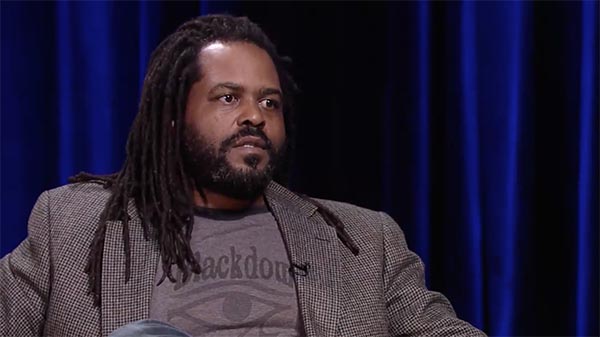Nelson, Dr. Timothy E.

Dr. Timothy E. Nelson was born in South Central Los Angeles, raised in Compton, California during the early 1990s and went to Santa Monica Community College in the wake of race and class-based conflict with the Los Angeles Police Department. Constantly in search of opportunity, Dr. Nelson played football at Compton High School, Compton Community College and Santa Monica College before transferring to New Mexico State University, where he was awarded a scholarship. He graduated from New Mexico State University with a Bachelor’s degree in U.S. History. Continuing to maintain ties with Compton, Dr. Nelson set up an admissions program to bring high schoolers from Compton to New Mexico State University.
During his time completing a Master’s degree in Black History at the University of Northern Iowa, Dr. Nelson also earned a commission as an Officer in the U.S. Army. He earned his Ph.D. from the University of Texas at El Paso. He was the Racial Justice Director at the YWCA El Paso del Norte Region—the largest YWCA in the United States. He is also a proud charter member of his chapter of Phi Beta Sigma, whose motto is “Culture For Service and Service For Humanity.”
Dr. Nelson’s multi-faceted work concerns ambition and the search for opportunity. Dr. Nelson’s dissertation, “The Significance of the Afro-Frontier® in American History: Blackdom, Bawdyhouses, and Barratry in the Borderlands, 1900-1930,” addresses and unpacks foundational issues in African American history, the history of the U.S. West, borderlands history, and the history of African diasporas. Dr. Nelson created his own school of thought and coined the term Afro-Frontier® (along with Afro-Frontierism® and Afro-Frontierist®), changing how the history of Blackdom, New Mexico has been framed. Instead of a story of a failed township made up of black people fleeing racial violence, lynching and second-class citizenship, he found that the Blackdomites left the South to seek out opportunities and freedom in the creation of “autonomous Black communities.” Following their economic and social ambitions, Black people sought out literal and figurative spaces of freedom that afforded them the opportunity to develop their skills, aspirations and dreams.
Episode:
Dr. Timothy E. Nelson, Skylar Suarez, China’s Cultural Revolution Shown Through Art, Desiree Kelly
Noé Barnett, Gwen Triay Samuels and Dr. Timothy Nelson’s Artistic Impact on History
New Mexico’s Blackdom, Skylar Suarez, China’s Cultural Revolution, Desiree Kelly
New Mexico’s Blackdom, Skylar Suarez, China’s Cultural Revolution, Desiree Kelly (Rerun)
Website
